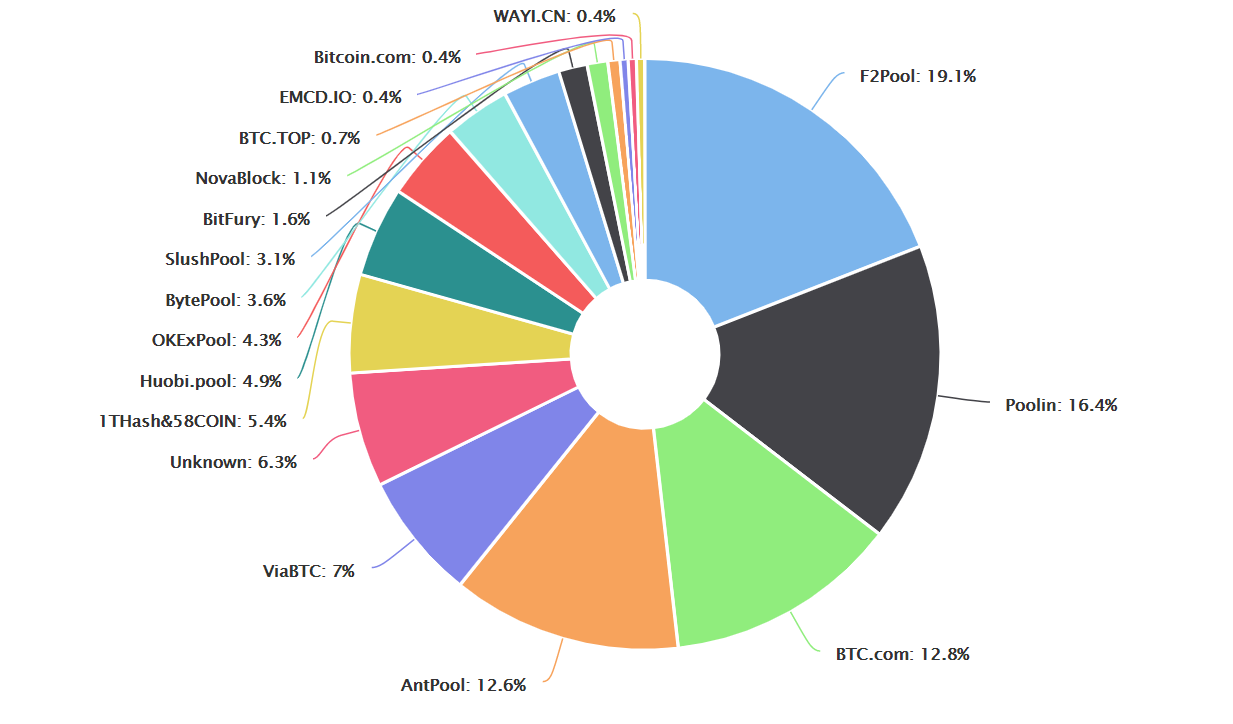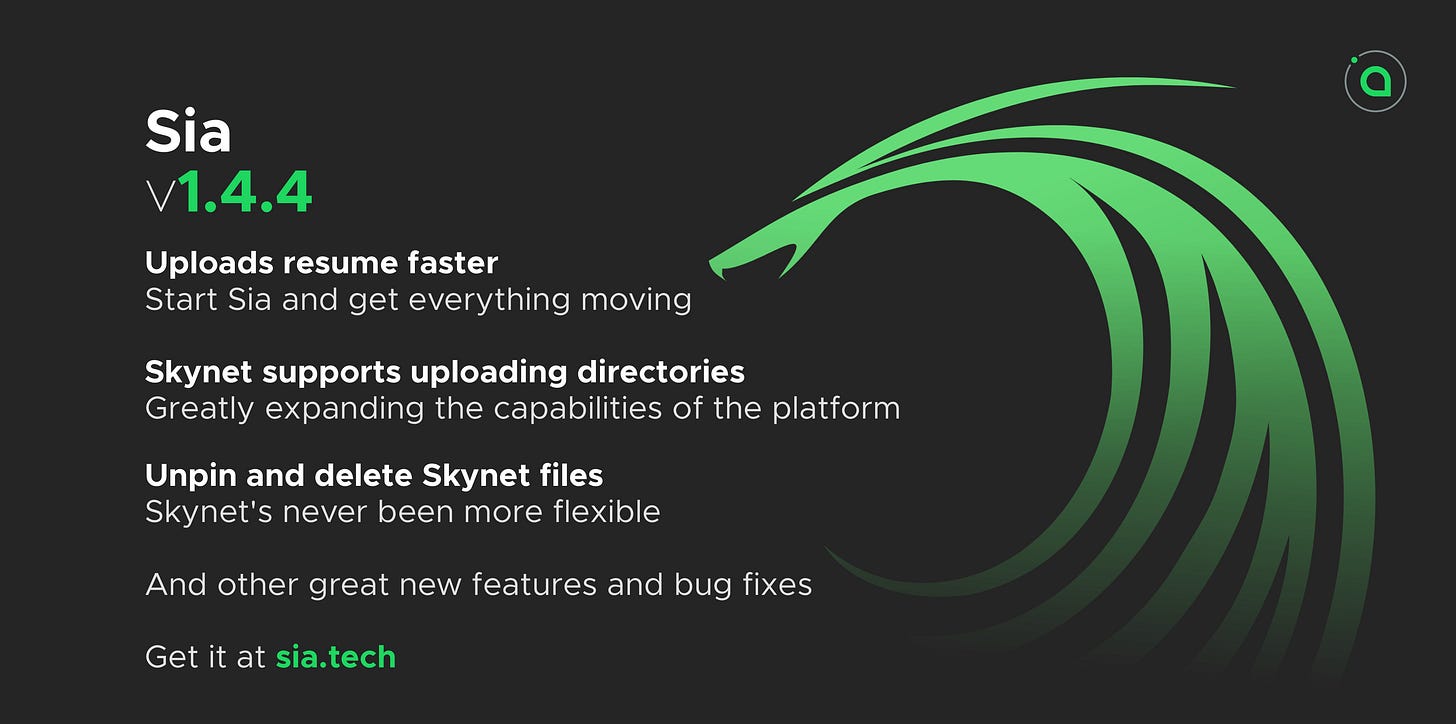Internet overloaded, does it matter to decentralized networks?
Welcome to BCrypt Newsletter Issue # 06. This is a free issue to all the subscribers. I send this email to subscribers regularly. Sign up to join the growing community.

Dear readers,
Recently, there were reports that You Tube, Netflix, Amazon Prime have reduced streaming quality of their content at EU’s request. This was done to prevent network overload as there was increased internet demand as a result of more and more people working from home. Now the question is whether this emergency increases the internet usage?
Well the Reuters article highlights several instances where there were spikes in usage.
A recent blog article by CloudFlare points that;
The emergency has a non-negligible impact on Internet services and our lives. Although it is difficult to quantify exactly the increase, we observe numbers from 10% to 40% depending on the region and the state of government action in those regions.
Internet is robust.
They further conclude that certain websites or apps may have outages but that does not mean internet can’t stand this situation. What actually happens, during this emergency, is traffic shifting to residential broadband.
Nonetheless, there seem to be a discussion on whether to discriminate between essential and non-essential traffic. For now, they are not prioritizing to protect net neutrality rules but it may come.
Is there a threat to decentralized networks?
Hypothetically, if discrimination were to happen, would they identify running digital asset networks as non-essential? On the other hand, one wonders whether network congestion impact the mining function and smooth functioning of digital assets.
Understandably, for mining the internet speed does not impact but latency and uptime do. The bandwidth usage of mining is insignificant.
Bitcoin is considered the “internet money”, so there is no bitcoin without internet. Same applies for other digital assets (other coins and tokens).
Some of the minimum requirements of running a bitcoin node as detailed in bitcoin.org are reproduced below:
A broadband Internet connection with upload speeds of at least 400 kilobits (50 kilobytes) per second;
An unmetered connection, a connection with high upload limits, or a connection you regularly monitor to ensure it doesn’t exceed its upload limits. It’s common for full nodes on high-speed connections to use 200 gigabytes upload or more a month. Download usage is around 20 gigabytes a month, plus around an additional 195 gigabytes the first time you start your node; and
6 hours a day that your full node can be left running. (You can do other things with your computer while running a full node.) More hours would be better, and best of all would be if you can run your node continuously.
They also point out a possible problem relating to bandwidth, which is:
Bandwidth limits: Some Internet plans will charge an additional amount for any excess upload bandwidth used that isn’t included in the plan. Worse, some providers may terminate your connection without warning because of overuse. We advise that you check whether your Internet connection is subjected to such limitations and monitor your bandwidth use so that you can stop Bitcoin Core before you reach your upload limit.
If we look at the bitcoin mining distribution, it is fairly distributed and hence it could be believed that internet usage restrictions in particular regions would not affect the network (please refer below graph). Even during China shut down, network hash rate did not come down abnormally (note that China is considered one of the largest territories for mining).
Figure 01: Bitcoin hash rate distribution

Source: https://www.blockchain.com/
Concluding remarks
I have used the example of bitcoin here as it is assumed to have a very robust decentralized network. Same applies to other strong decentralized networks as well. However, any network that relies on one single country for its network activities could be susceptible to internet usage restrictions.
By the way, if internet were to shut down nothing will prevail and physical cash will be the only option.
Thanks for reading the Issue # 06 of bcrypt newsletter.
Good luck!
bcrypt.
Development Update
Sia today announced the release of Sia v1.4.4 with multiple improvements to Sia and Skynet.
Sia is the first decentralized storage platform secured by blockchain technology. The Sia Storage Platform leverages underutilized hard drive capacity around the world to create a data storage marketplace that is more reliable and lower cost than traditional cloud storage providers.

Source: Sia
Comment :
Hitting roadmap milestones is a key to reach the desired outcomes. It is also important to the advancement of the industry.
Currently, I’m giving free access to all my newsletters here. I kindly welcome your feedback/suggestions/critics, etc to improve the usefulness of it to you. You can reach me at bcrypt@yahoo.com. If you would like to receive the newsletters as they are published please subscribe. I also appreciate if you share it with your friends who are interested in this space. Thank you.
Disclaimer
Please note that I do not provide financial or tax advice here and this is for educational purposes only. Please do your own research.

